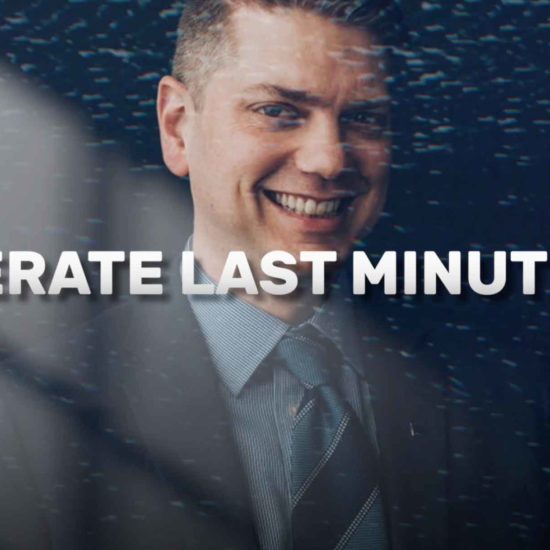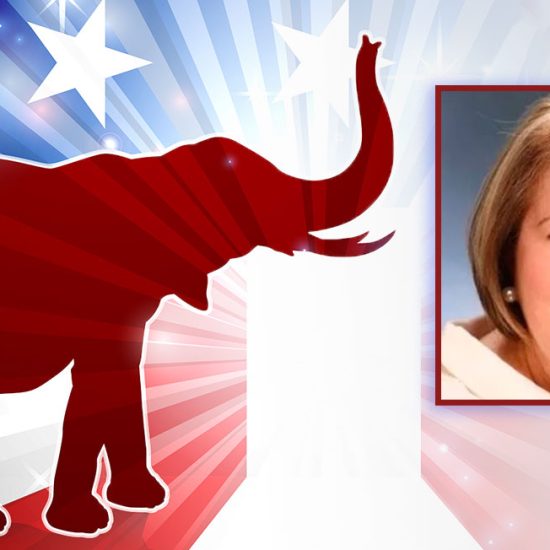Oh goodie, yet more virtue signaling from our friends on the left, this time a proposed plastic bag ban here in Anchorage.
Wasilla and Palmer City Councils voted earlier this year to ban single-use plastic bags. Rationale was similar to that of other Alaskan cities Homer, Bethel, Cordova, and Hooper Bay, they pose a risk to wildlife and are an unsightly blight on the landscape (non-biodegradable). Homer rescinded its ban. http://mustreadalaska.com/wasilla-bans-plastic-bags-josephson-tax-rest/
Green mouthpiece Rep. Andy Josephson (D, Dist 17) proposed HB 264 for last session which would tax (it’s always a tax with these guys isn’t it?) disposable shopping bags (paper and plastic) 20 cents per bag. Nothing like being small-business friendly, is it?
It is always difficult to top virtue signaling with actual facts in the persuasion game, but let me try:
Plastic bag bans will make your life more dangerous.
There. Does that get your attention? Here’s why.
Reusable bags are not sanitary. They are difficult to wash and otherwise clean, so people don’t clean them. Over time, they pick up bacteria carried by produce and raw meats purchased in stores. This in turn, increases your exposure to such niceties as bacteria like e-coli, coliform and MRSA, molds and yeast, all of which increase bacterial skin infections, allergic reactions, asthma attacks, and ear infections. 64% of reusable bags contain bacteria. 30% of them have higher bacteria counts that what is considered safe for drinking water. 40% of them had yeast / mold. Many people used reusable bags for other purposes like carrying dirty diapers and gym clothing.
A 2012 Institute for Law and Economics paper entitled “Grocery Bag Bans and Foodborne Illness” found striking correlations between San Francisco’s plastic bag ban and increased deaths and emergency room visits related to foodborne bacteria. http://blogs.berkeley.edu/wp-content/uploads/2013/02/SSRN-id2196481.pdf
Single use bags have none of these health issues. Either do reusable bags at the first use. Subsequent uses are another thing entirely.
The expected environmental positives of these bans are not supported by data. For instance:
- Paper lasts longer in landfills. Biodegradable plastic may be an option, though never discussed when these bans are imposed.
- Plastic’s carbon footprint is smaller.
- Bans trigger a move to other disposable plastic bags for the same use (trash bags, garbage bags, trash can liners)
- Reusable bags must be purchased by the shopper, increasing their shopping costs
- Reusable bags are not reused. In Austin, there are almost as many reusable bags at its recycling centers as there were when single-use bags were used.
- There is an environmental cost with cleaning and drying the reusable bags that is never considered.
- 95% of reusable bags come from overseas; most of them from China.
Additionally, bans end up harming businesses, especially retail businesses. In Los Angeles, following its ban in 2011, every single store inside the ban area had to terminate some of its staff. None of the stores outside the area dismissed staff. Stores inside the ban area decreased their employment by 10%. Stores outside the area increased their employment by 2.4%. http://www.ncpa.org/pub/st340
So, a plastic bag ban or tax is virtue signaling at its worst. Not only does it limit freedom, but it also increases your chances of picking up a foodborne illness, and harms business by forcing layoffs. And we are doing all of this for what? To feel good about ourselves during the worst jobs market in Anchorage since the late 1980s?
This is yet another time where the cost of doing something is far, far greater than simply leaving Alaskans alone to live their lives in a manner that they see fit.
As of this writing, it is unclear which problem the Anchorage Assembly thinks it will be solving. If it is littering, we do have laws on the books against littering. However, given the ongoing crime spree, perhaps the simple solution of enforcing the laws on the books is beyond the esteemed members of our Assembly.
If it is some ill-defined obeisance to Mother Gaia, they will have to explain the cost benefit analysis of virtue signaling against higher exposure to bacterial infestations in reusable bags.
Final thought goes to Assemblyman Constant and Traini. So, like when does “Somebody’s got to do it” and “We need to get in line” become defensible rationale for foolish action? I’ve heard three year olds with better arguments.
Alex Gimarc lives in Anchorage since retiring from the military in 1997. His interests include science and technology, environment, energy, economics, military affairs, fishing and disabilities policies. His weekly column “Interesting Items” is a summary of news stories with substantive Alaska-themed topics. He is a small business owner and Information Technology professional.












